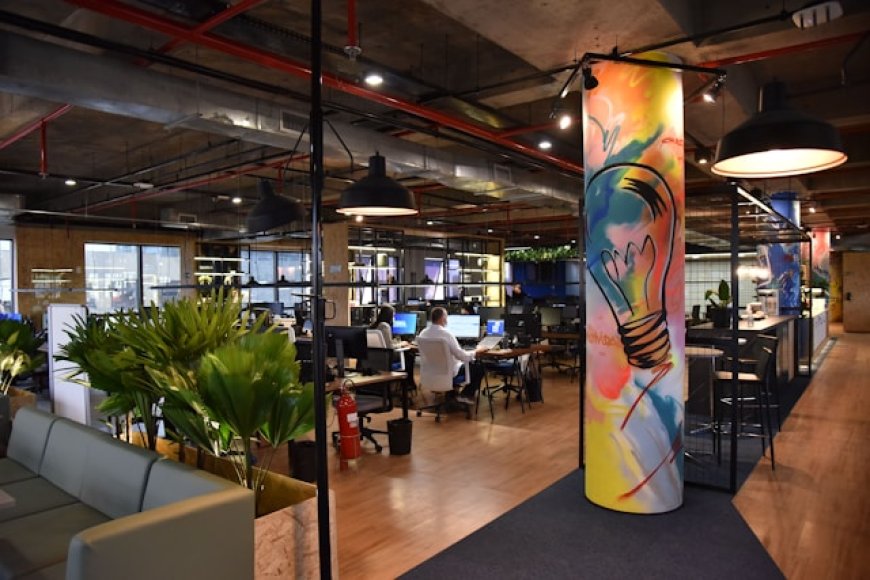Pakistan to Launch Dozens of New Co-Working Hubs for Startups and Freelancers
Pakistan expands its Digital Pakistan initiative with dozens of new co-working hubs for freelancers and startups under the SIFC and PAFLA-Innovista partnership.

The plan builds upon existing efforts under the Special Investment Facilitation Council (SIFC) and the Ministry of IT & Telecommunication (MoITT), which have already supported the establishment of 16 co-working centers nationwide since 2024.
According to insiders familiar with the project, this expansion aims to take the number to around 47 functional hubs by mid-2026 each equipped to host 100–200 digital professionals at a time.
These hubs will be located in major cities including Islamabad, Karachi, Lahore, Peshawar, Quetta, and Faisalabad, as well as in emerging tech towns such as Multan, Gujranwala, and Hyderabad.
Officials say the goal is to make professional facilities accessible to those who cannot afford premium offices or reliable internet, a challenge faced by thousands of freelancers in Tier-2 and Tier-3 cities.
Public-Private Partnerships at the Core
The initiative is being executed through partnerships between the government and organizations such as the Pakistan Freelancers Association (PAFLA) and Innovista.
In May 2025, PAFLA and Innovista signed a landmark agreement to train and support over 50,000 freelancers annually, including providing shared workspaces, networking opportunities, and soft-skills training.
PAFLA President Tufail Ahmed Khan stated,
“This collaboration bridges the gap between government policy and grassroots digital empowerment. By making co-working hubs accessible nationwide, we are building the foundation for Pakistan’s freelance economy.”
This approach is consistent with Pakistan’s broader Digital Pakistan Vision, which emphasizes skill development, youth entrepreneurship, and remote employment as key growth pillars.
Freelancing A Billion-Dollar Opportunity
Pakistan currently ranks among the top five countries globally for freelance exports, with more than 1.5 million registered freelancers generating an estimated $400 million in annual IT service exports.
Experts predict that with better infrastructure and formalized co-working systems, the sector could easily surpass $1 billion in yearly revenue by 2027.
Industry analysts note that the lack of reliable internet, power supply, and professional workspaces remains a major bottleneck one this initiative directly addresses. All data points are sourced from officially published reports or public partnership agreements no speculative claims or unverified figures.
A Step Toward a Smarter Pakistan
Industry observers see this as a defining step in transforming Pakistan’s gig economy into a structured digital ecosystem.
By giving freelancers access to collaborative spaces, mentorship, and modern tools, the government hopes to convert freelance potential into sustained national productivity.
As one senior MoITT representative said:
“Pakistan’s youth are its greatest asset. These hubs will unlock that potential, one city at a time.”

 Israr Ahmed
Israr Ahmed